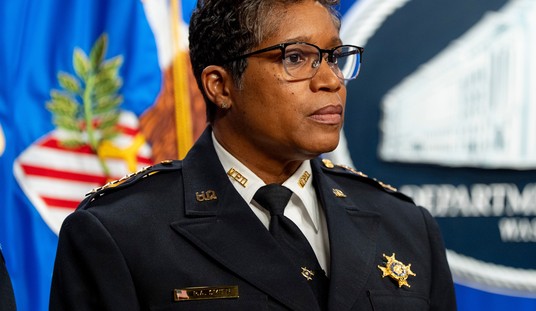Here’s something interesting from Nicolas Kristof in today’s New York Times. Excuse the long excerpt, but I think you’ll find it worth the time:
Today marks the Roman Catholics’ Feast of the Assumption, honoring the moment that they believe God brought the Virgin Mary into Heaven. So here’s a fact appropriate for the day: Americans are three times as likely to believe in the Virgin Birth of Jesus (83 percent) as in evolution (28 percent).
So this day is an opportunity to look at perhaps the most fundamental divide between America and the rest of the industrialized world: faith. Religion remains central to American life, and is getting more so, in a way that is true of no other industrialized country, with the possible exception of South Korea.
Americans believe, 58 percent to 40 percent, that it is necessary to believe in God to be moral. In contrast, other developed countries overwhelmingly believe that it is not necessary. In France, only 13 percent agree with the U.S. view. (For details on the polls cited in this column, go to www.nytimes.com/kristofresponds.)
The faith in the Virgin Birth reflects the way American Christianity is becoming less intellectual and more mystical over time. The percentage of Americans who believe in the Virgin Birth actually rose five points in the latest poll.
If you read the whole thing, which I strongly encourage, you’ll find that Kristof doesn’t seek to denigrate anyone’s beliefs; he merely worries about the loss of other, perhaps more rigorous, aspects of Christianity:
I’m troubled by the way the great intellectual traditions of Catholic and Protestant churches alike are withering, leaving the scholarly and religious worlds increasingly antagonistic. I worry partly because of the time I’ve spent with self-satisfied and unquestioning mullahs and imams, for the Islamic world is in crisis today in large part because of a similar drift away from a rich intellectual tradition and toward the mystical. The heart is a wonderful organ, but so is the brain.
I know exactly what Kristof means. Here on this site, I’ve praised both Catholics and Jews for their rigorous intellectual traditions. The many Protestant faiths, I said in the same post, must be judged individually, and often individual-by-individual, because there are just so many of them, all so very different from one another.
What Kristof doesn’t mention — if only because it isn’t germane to his column — is that heart/brain schism exists within individuals, and not just between groups. Without going into specifics, I’ve noticed that some writers, and even some bloggers, can be reasonable and agreeable (even when disagreeing) on non-spiritual matters.
But then the talk turns to issues directly challenging, or even merely involving their faith — and a wall goes up.
Again, I’d rather not go into specifics, because there are many engaging, witty, thoughtful writers out there, who I’d hate to accuse of being bigoted pricks on certain issues. We all come with our own baggage, but reasonability and civility both require us all to remain thoughtful and engaging, even on matters of faith.
If, as Kristof thinks, America is undergoing another “Great Awakening,” then more power to those who find new fire in their faith — in some ways, I envy them.
But even if that means the rest of us are going to Hell, I’d still rather keep the discussion open and engaged, capiche?










Join the conversation as a VIP Member